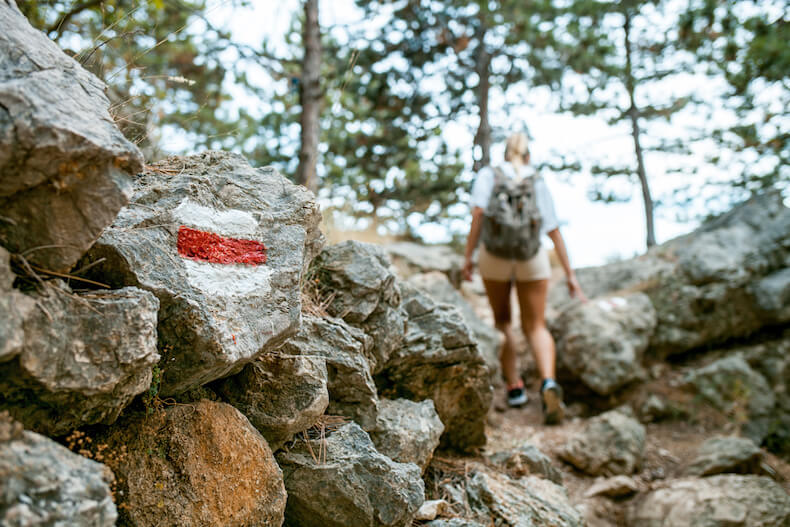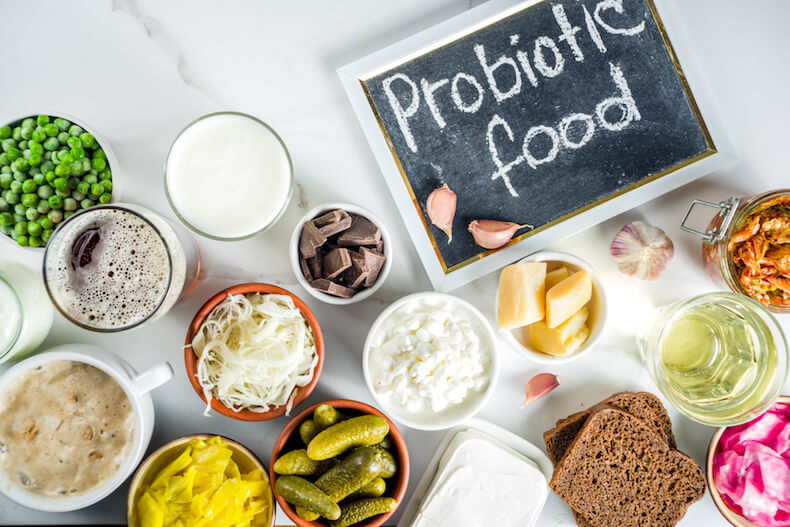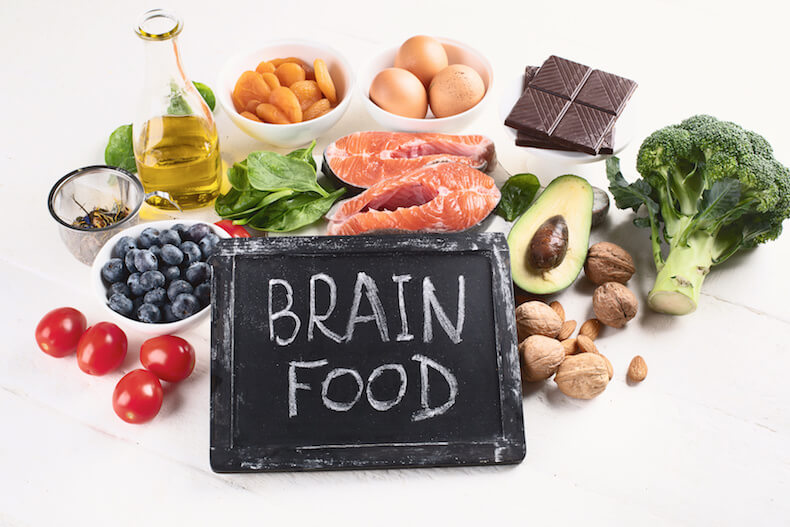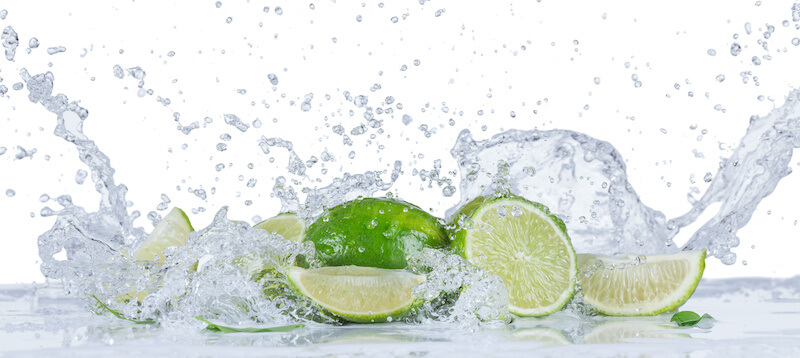In a world where screens dominate our daily lives, the consequences of excessive digital use are becoming impossible to ignore. A recent study in the British Journal of Ophthalmology revealed a staggering rise in short-sightedness , with one in three children and teenagers now affected—directly linked to increased screen time and less time spent outdoors (Liang et al., 2024). However, the impact goes beyond just our eyesight. This indoor, screen-heavy lifestyle also limits our exposure to the natural microbes that play a vital role in maintaining a healthy gut and oral microbiome, potentially weakening our immunity and digestive health. The answer? Rewilding—reconnecting with nature.

As we uncovered in our previous exploration of the gut, brain and connection, digital overload harms not only our mental clarity but also our physical well-being. To counteract these impacts, the solution lies in “rewilding”—a deliberate return to the natural rhythms and habits that sustain us. From immersing ourselves in nature to fostering face-to-face connections, rewilding offers a pathway to restore vitality, reconnect with the world around us, and nurture the mind-body connection.
Let’s explore how small, intentional changes can help us reclaim balance in this digital desert.

Immerse in Nature
Spend at least 30 minutes a day outdoors in natural sunlight. Green spaces not only calm the mind but also enhance your gut microbiome by exposing you to diverse natural microbes. Gardening, in particular, provides an excellent way to connect with soil microbes such as Mycobacterium vaccae, which research ((Frank et al., 2018) suggests can improve mood and boost immunity by promoting anti-inflammatory responses. Additionally, Bacillus subtilis, another soil-dwelling bacterium, has been linked to protective effects against neurodegenerative conditions like Parkinson’s disease (Doitsidou et al., 2020). These findings underscore how gardening not only nurtures plants and biodiversity but can also promote physical and mental well-being.
Have Authentic Conversations
It’s through diversity that creativity and innovation truly thrive. Engaging with people who hold different perspectives enriches your understanding of the world and sparks fresh ideas. Social media often creates echo chambers, limiting exposure to differing viewpoints and stifling critical thinking.
To counteract this, engage in face-to-face conversations with people holding diverse opinions. These real-life dialogues bring nuance and depth often missing in digital interactions. Embracing diverse perspectives builds resilience, sparks fresh ideas, and promotes personal growth and innovation.

Create a Digital Sunset
Turn off devices two hours before bedtime. This includes phones, televisions, and tablets, which emit blue light that interferes with melatonin production. Instead, read a book, meditate and have a relaxing bath. Prepare your mind and body for restful sleep.
It’s worth also questioning whether you really need a technology app to aid your sleep. Perhaps more traditional methods might be more effective without the risk of additional screen time. Some experts suggest that relying on apps may lead to increased anxiety about sleep, especially if people become overly focused on the data generated about their sleep patterns rather than listening to their body’s natural cues. This can paradoxically lead to worse sleep due to worry about not achieving “perfect” sleep metrics.
Therefore, while sleep aid apps can be beneficial for some, tuning into one’s own body and following natural sleep cues can often be more effective. Establishing a regular sleep routine, reducing exposure to screens before bedtime, and creating a comfortable sleep environment might be equally or more effective for many people without the potential downsides of technology use at night.

Nurture Your Gut Health
A thriving gut microbiome is essential for overall well-being. Enhance your gut health with these effective strategies:
Include Probiotic Foods: Incorporate yoghurt, kefir, sauerkraut, kimchi, and fermented cheeses into your diet. These foods are rich in beneficial bacteria that support gut health.
Diversify Your Diet: Aim to consume a wide variety of fruits, vegetables, whole grains, and prebiotic-rich foods like garlic, onions, and bananas. Diversity in your diet nourishes your gut microbes and prevents the dietary monotony common in many people’s eating habits. Strive for at least 30 different plant-based foods each week, emphasising whole grains to maximise nutritional benefits.
Avoid Ultra-Processed Foods: Steer clear of foods that are significantly altered from their natural state and often laden with artificial additives. Focus on whole, natural foods and maintain proper hydration to optimise your health.

Prioritise face-to-face interactions
Switch off with friends or family. Face-to-face communication builds trust, resolves conflicts, and sparks creativity. While digital communication has its conveniences, it often lacks the nuance and connection that come from direct interaction. By stepping out of your digital comfort zone and reconnecting with people in real life, we improve our relationships and open the door to new ideas and collaborative opportunities.
Breathe!
I know.. madness that we have to remind ourselves to breathe! However, combat “tech apnoea” by practising mindful breathing throughout the day. This helps lower cortisol, sharpens focus, and aids digestion by stimulating the vagus nerve, which regulates gut movement (peristalsis).

Get Active and Creative Offline
Dedicate time to offline activities that ignite your creativity and happiness: sport, painting, writing, music, cooking, or gardening. Volunteering offers a meaningful way to contribute and connect with your community. Sporting and creative activities not only enrich your life but also boost your mental and emotional resilience.
Joining teams or clubs helps expand social circles and interests. Not putting all your eggs in one basket ensures that one’s identity and self-worth are not solely dependent on professional, academic, or personal realms. In stressful times, having varied interests where one feels competent and valued can significantly bolster emotional well-being and resilience. They provide alternative outlets for growth and fulfilment, crucial for sustained mental health and happiness throughout life.
Bring Back Family Film Nights
Remember when we’d all gather to watch a film together? That’s why I love the cinema—it brings people together, unplugged. Recreate that magic at home with a family film night. Pick a movie, grab snacks, and enjoy shared moments instead of disappearing into separate online zones. It’s a simple, meaningful way to reconnect in our digital world.
Explore “Micro-Adventures”
Embark on micro-adventures—simple, spontaneous outings such as hiking a new trail, visiting a local market, or taking a scenic drive. Even, just try out a different route to work! These experiences provide novelty and unpredictability, which digital spaces often lack, offering fresh perspectives.
References
- Liang, J., Pu, Y., Chen, J., et al. (2024). Global prevalence, trend and projection of myopia in children and adolescents from 1990 to 2050: a comprehensive systematic review and meta-analysis. British Journal of Ophthalmology. Published online first: 24 September 2024. https://doi.org/10.1136/bjo-2024-325427
- Frank, Matthew G., et al. “Immunization with Mycobacterium vaccae Induces an Anti-Inflammatory Milieu in the CNS: Attenuation of Stress-Induced Microglial Priming, Alarmins and Anxiety-Like Behavior.” Brain, Behavior, and Immunity, 2018, https://doi.org/10.1016/j.bbi.2018.05.020.
- Doitsidou, Maria, et al. “Probiotic Hope for Parkinson’s Disease.” Centre for Discovery Brain Sciences, University of Edinburgh, 12 Feb. 2020, https://biomedical-sciences.ed.ac.uk/news/2018/archives/2020/probiotic-hope-for-parkinsons-disease.
- Woods HC, Scott H. #Sleepyteens: Social media use in adolescence is associated with poor sleep quality, anxiety, depression and low self-esteem. J Adolesc. 2016 Aug;51:41-9. doi: 10.1016/j.adolescence.2016.05.008. Epub 2016 Jun 10. PMID: 27294324.
- Jahrami H, Trabelsi K, Vitiello MV, BaHammam AS. The Tale of Orthosomnia: I Am so Good at Sleeping that I Can Do It with My Eyes Closed and My Fitness Tracker on Me. Nat Sci Sleep. 2023 Jan 21;15:13-15. doi: 10.2147/NSS.S402694. PMID: 36713639; PMCID: PMC9875581.

